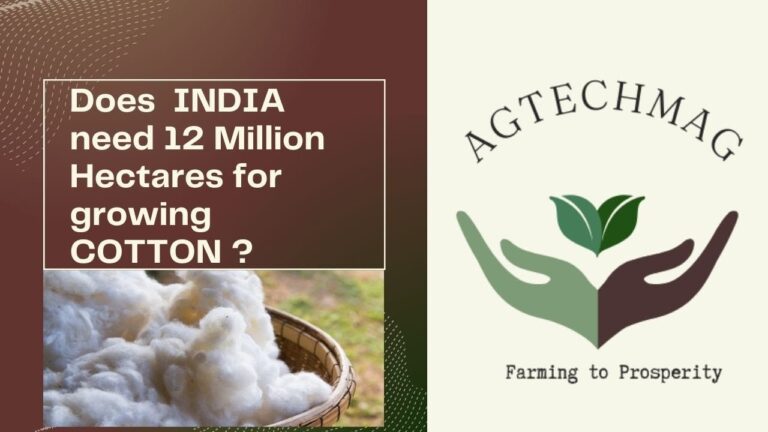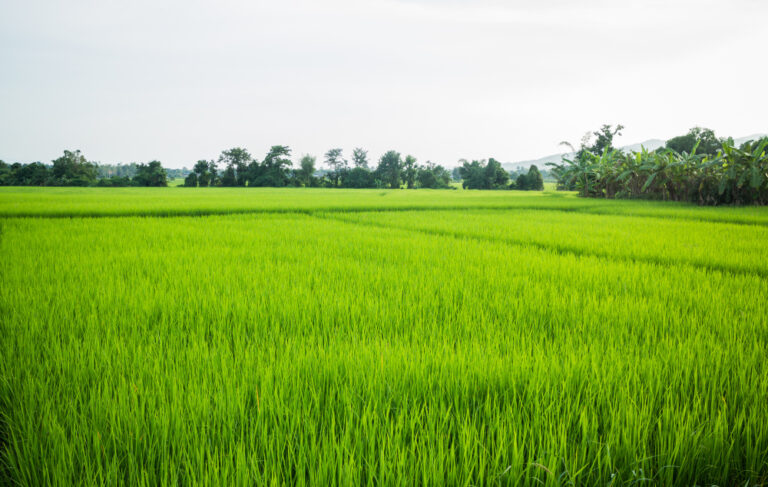In the vast expanse of the third world, amidst the challenges of poverty and limited resources, a resilient and enterprising spirit thrives among a group often overlooked: smallholder farmers. These individuals, often tilling small plots of land with modest means, are the backbone of agriculture in many developing countries. In this blog, we delve into the profound role of smallholder farmers as the true entrepreneurs of the third world and explore the myriad ways in which they drive economic growth, food security, and sustainable development.
[ihc-hide-content ihc_mb_type=”show” ihc_mb_who=”2,3″ ihc_mb_template=”1″ ]
“Smallholder farmers: the unsung entrepreneurs of the third world, cultivating resilience, innovation, and sustainable futures from the roots up.”
The Entrepreneurial Spirit of Smallholder Farmers:
Smallholder farmers embody the essence of entrepreneurship, albeit in a context vastly different from the corporate world. With ingenuity, resourcefulness, and determination, they navigate the complexities of agricultural production, weathering challenges ranging from erratic weather patterns to market fluctuations. Armed with traditional knowledge passed down through generations and a deep connection to the land, these farmers exhibit a remarkable ability to innovate and adapt to changing circumstances.
Driving Economic Growth:
Despite operating on a small scale, the collective impact of smallholder farmers on the economy of the third world is immense. Agriculture remains a primary source of livelihood for a significant portion of the population in many developing countries, contributing to employment, income generation, and rural development. By cultivating crops, raising livestock, and engaging in value-added activities such as processing and marketing, smallholder farmers stimulate local economies and foster inclusive growth.
Ensuring Food Security:
Smallholder farmers play a crucial role in ensuring food security and nutrition for millions of people across the third world. By producing a diverse range of crops and livestock, they contribute to the availability and accessibility of nutritious food, particularly in rural and remote areas. Moreover, their intimate knowledge of local agroecological conditions enables them to practice sustainable and resilient farming methods, preserving biodiversity and enhancing ecosystem services vital for long-term food security.
Promoting Sustainable Development:
In the face of environmental degradation and climate change, smallholder farmers emerge as champions of sustainable development. Through practices such as agroforestry, organic farming, and water conservation, they mitigate the adverse impacts of agriculture on the environment while enhancing resilience to climate shocks. Furthermore, smallholder farmers are often at the forefront of community-led initiatives promoting social equity, gender equality, and inclusive governance, laying the foundation for sustainable and resilient societies.
In conclusion, smallholder farmers are not merely cultivators of the land; they are the true entrepreneurs of the third world, embodying resilience, innovation, and stewardship. Their contributions to economic growth, food security, and sustainable development are indispensable, yet often undervalued. As we strive towards a more equitable and sustainable future, it is imperative to recognize and support the vital role of smallholder farmers in building resilient food systems and vibrant rural communities. By empowering these unsung heroes, we can unlock the full potential of agriculture as a driver of inclusive growth and prosperity.
[/ihc-hide-content]




